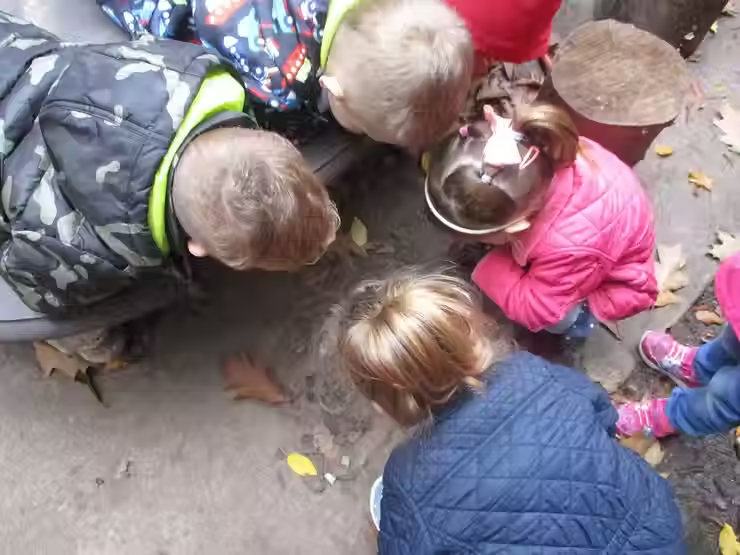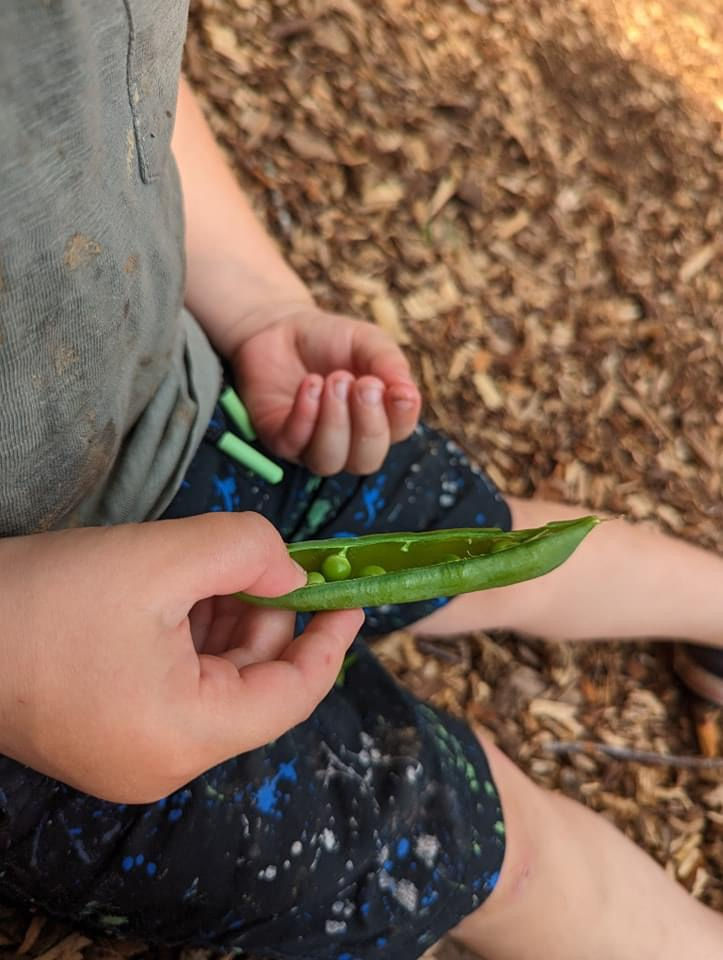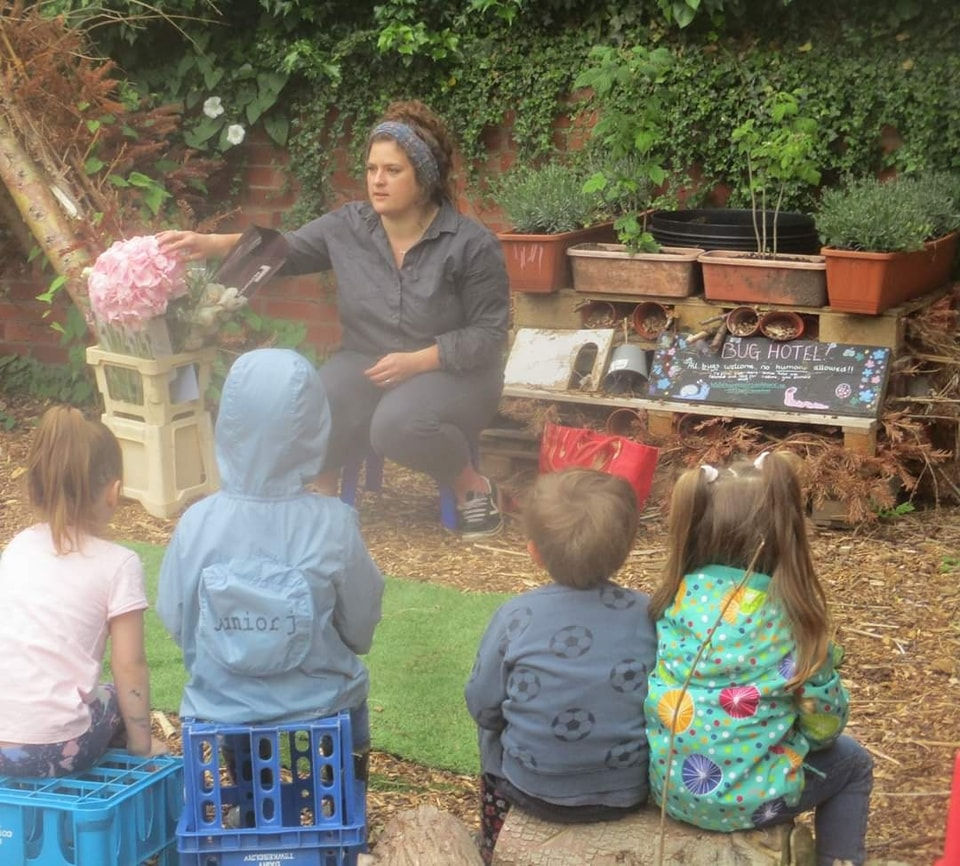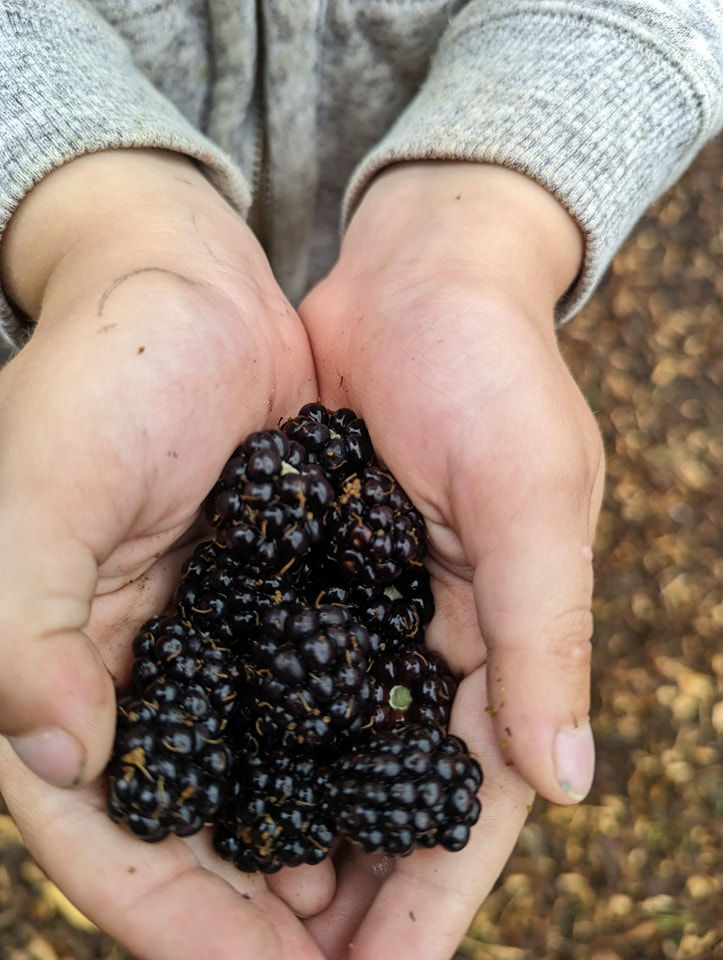🌱 The Power of Connection in Childhood: Growing Whole, Not Just Up
- earlyinsights

- Sep 7, 2025
- 3 min read
In the world of early years education, it’s easy to get swept up in the language of progress—milestones, assessments, school readiness.
These markers have their place, of course. But beneath the surface of development lies something far more enduring: connection.
At Early Insights, I believe that connection is the quiet force that shapes a child’s sense of self, their relationships, and their place in the world. It’s not just a nice-to-have—it’s the foundation of lifelong wellbeing and learning. When children are deeply connected—to nature, to others, to themselves, and to their communities—they don’t just grow up. They grow whole.
Let’s explore these four vital dimensions of connection, and why they matter so profoundly.

✨ Connection with Nature: Wonder, Grounding, and Belonging
Children are natural explorers. Give them a puddle, a patch of grass, or a pile of leaves, and they’ll show you a world of curiosity and joy. Nature offers more than fresh air—it offers perspective. It teaches patience through watching a snail crawl, resilience through climbing a tree, and awe through gazing at the stars.
When children spend time outdoors, they begin to understand that they are part of something bigger. They learn to care for living things, to notice seasonal rhythms, and to find comfort in the natural world. These experiences foster emotional regulation, sensory integration, and a deep sense of groundedness.
In our work with settings, I often encourage practitioners to view nature not just as a backdrop, but as a co-educator—a “third teacher” that invites reflection, risk-taking, and wonder.

👫 Connection with Others: Relationships That Shape the Heart
From the earliest days, children seek connection with those around them. Secure attachments with family members, trusted adults, and peers form the emotional scaffolding for everything else. These relationships help children feel safe enough to explore, express, and grow.
Through connection with others, children learn empathy, communication, and emotional literacy. They begin to understand that their feelings matter—and so do the feelings of others. They practice negotiation, kindness, and forgiveness. These are not just social skills; they are life skills.
In early years settings, the role of the adult is pivotal. A warm, attuned practitioner can be a child’s anchor, offering consistent presence and gentle guidance. These moments of connection—shared laughter, comforting words, a knowing glance—are the threads that weave a child’s emotional resilience.

💛 Connection with Self: Space to Discover Who They Are
Children need time and space to connect with themselves. In a world that often rushes them from one activity to the next, moments of quiet play, creativity, and even boredom are essential. These are the times when children begin to listen inwardly, to notice their preferences, and to build a sense of identity.
Self-connection nurtures confidence, autonomy, and emotional regulation. It allows children to say, “This is what I like,” or “This is how I feel,” or even “I need space.” These are powerful declarations of selfhood.
At Early Insights, I advocate for environments that honour the child’s voice—spaces where they can make choices, take risks, and reflect. When children are given the freedom to be themselves, they begin to understand not just who they are, but who they want to become.

🏡 Connection with Community: Belonging and Purpose
Children thrive when they feel part of something. Whether it’s a nursery, a neighbourhood, a cultural tradition, or a shared celebration, community gives children a sense of belonging. It teaches them that they matter—that their actions have impact, and their voice has value.
Community connection fosters responsibility, collaboration, and civic awareness. It helps children see themselves as contributors, not just participants. They learn to care for others, to respect differences, and to take pride in shared spaces.
For practitioners, building community means creating inclusive environments, celebrating diversity, and involving families meaningfully. It’s about helping children feel seen, heard, and valued—not just as learners, but as people.

🌿 Growing Whole: The Legacy of Connection
When children are rooted in these four types of connection, they develop more than skills—they develop wholeness.
They become emotionally literate, socially aware, resilient, and reflective. They carry with them a deep sense of self and a compassionate view of the world.
As educators, parents, and leaders, our role is not just to teach—it’s to connect. To create spaces where children feel safe, curious, and empowered. To offer relationships that nurture, environments that inspire, and communities that embrace.
Let’s give our children more than schedules and lessons. Let’s give them connections that will last a lifetime.





Comments